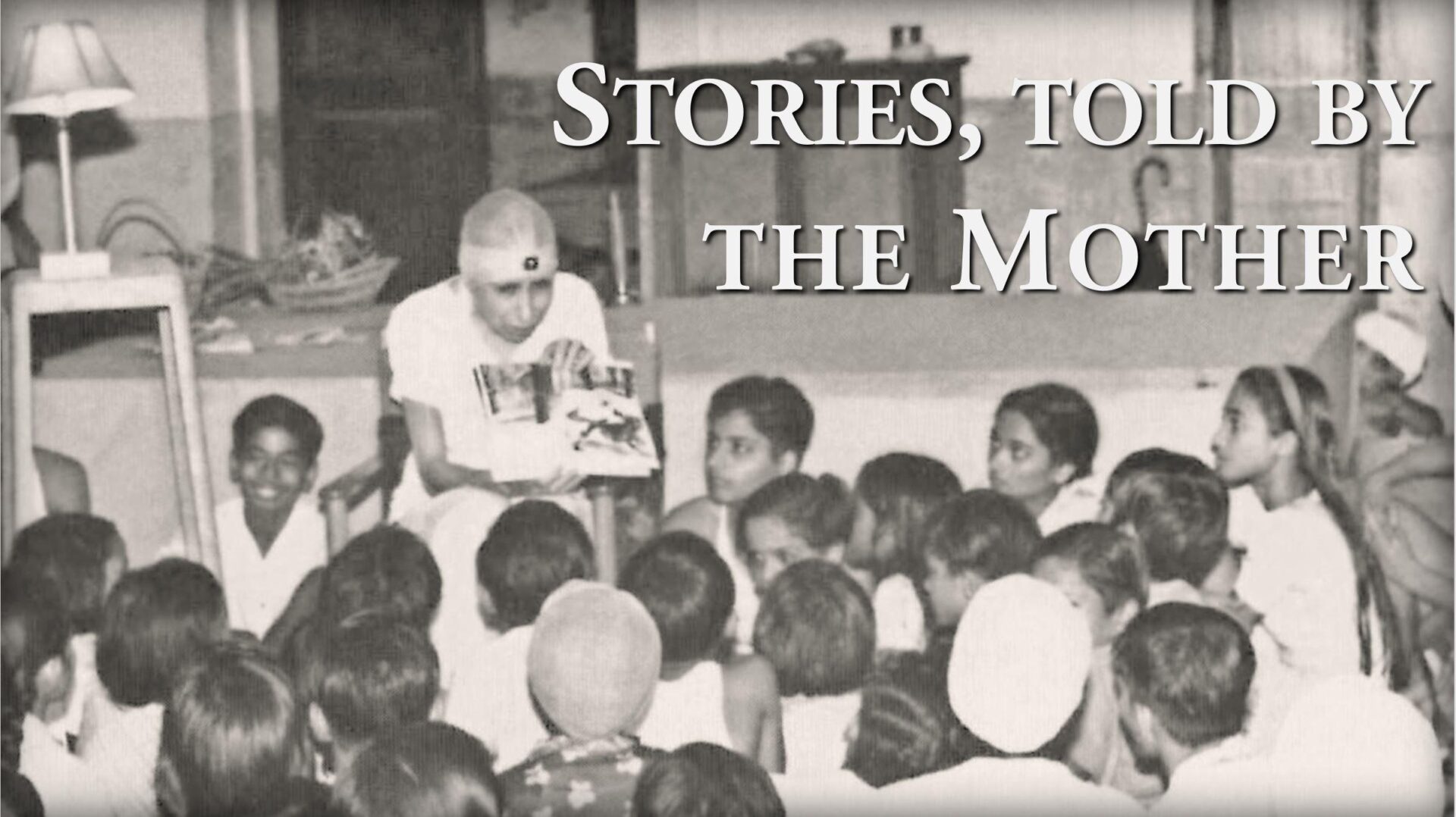What most men call “artistry” is just contrast. Artists say and feel that it is the shadows which make the light, that if there were no contrasts, they would not be able to make a picture. It is the same thing with music: the contrast between “forte” and “piano” is one of the greatest charms of music.
I knew some poets who used to say, “It is my enemies’ hatred which makes me value the affection of my friends…” And it is the almost inevitable likelihood of misfortune which gives all its savour to happiness, and so on. And they value repose only in contrast with the daily agitation, silence only because of the usual noise, and some of them even tell you, “Oh! it is because there are illnesses that good health is cherished.” It goes so far that a thing is valued only when it is lost. And as Sri Aurobindo says here[1]: When this fever of action, of movement, this agitation of creative thought is not there, one feels one is falling into inertia. Most people fear silence, calm, quietude. They no longer feel alive when they are not agitated.
I have seen many cases in which Sri Aurobindo had given silence to somebody, had made his mind silent, and that person came back to him in a kind of despair, saying: “But I have become stupid!” For his mind was no longer restless.
What he says here is terribly true. Men want freedom but they are in love with their chains, and when one wants to take them away, when one wants to show them the path of true liberation, they are afraid, and often they even protest.
Almost all of man’s works of art — literary, poetic, artistic — are based on the violence of contrasts in life. When one tries to pull them out of their daily dramas, they really feel that it is not artistic. If they wanted to write a book or compose a play where there would be no contrasts, where there would be no shadows in the picture, it would probably be something seemingly very dull, very monotonous, lifeless, for what man calls “life” is the drama of life, the anxiety of life, the violence of contrasts. And perhaps if there were no death, they would be terribly tired of living.
30 January 1957
[1] Sri Aurobindo, Thoughts and Aphorisms, Cent. Ed., Vol. 16, p. 385.




About Savitri | B1C3-11 Towards Unity with God (pp.31-33)